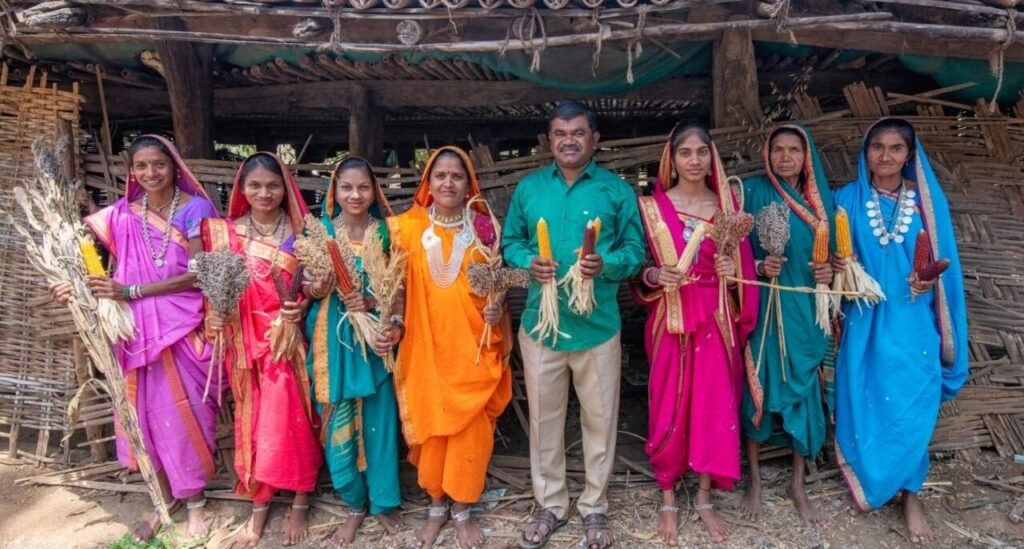
When you buy a bamboo clutch, a jar of honey, or a box of mahua sweets, it is easy to see them only as functional or decorative items. Look closer though, and you will find something deeper—Tribal products that sustain livelihoods, preserve traditions, and empower communities.
Every tribal product carries a hidden story. It is not just a transaction but a bridge between artisans and conscious buyers. What might feel like a small purchase in the city often becomes a lifeline in a village.
The Power of Conscious Consumption
Every rupee spent has an impact. Choosing mass-produced goods fuels machines and corporations. Choosing handcrafted or tribal products fuels families, communities and ecosystems. Conscious consumption is the idea that how you buy matters as much as what you buy. With the right choices, shopping becomes an act of social responsibility.
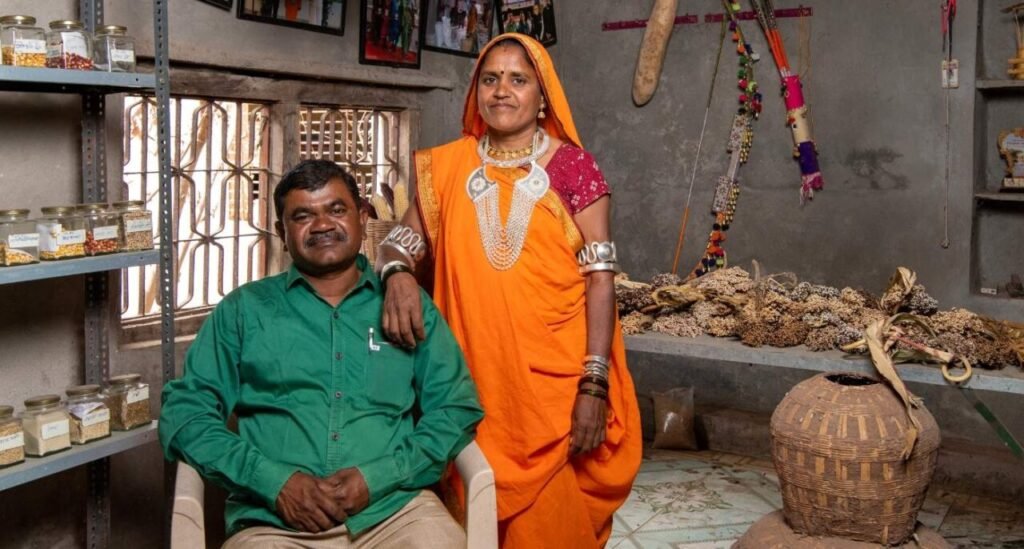
How Tribal Products Sustain Livelihoods
For many tribal families in India, traditional crafts and foods are their main source of income. Without demand, these skills risk fading away. With support, they thrive.
- Honey harvesters carefully collect multiflora honey while protecting forest ecosystems
- Rice farmers cultivating varieties like Indrayani keep local farming practices alive
- Mahua collectors, often women, gather flowers that are later turned into oils, syrups and sweets, providing seasonal income
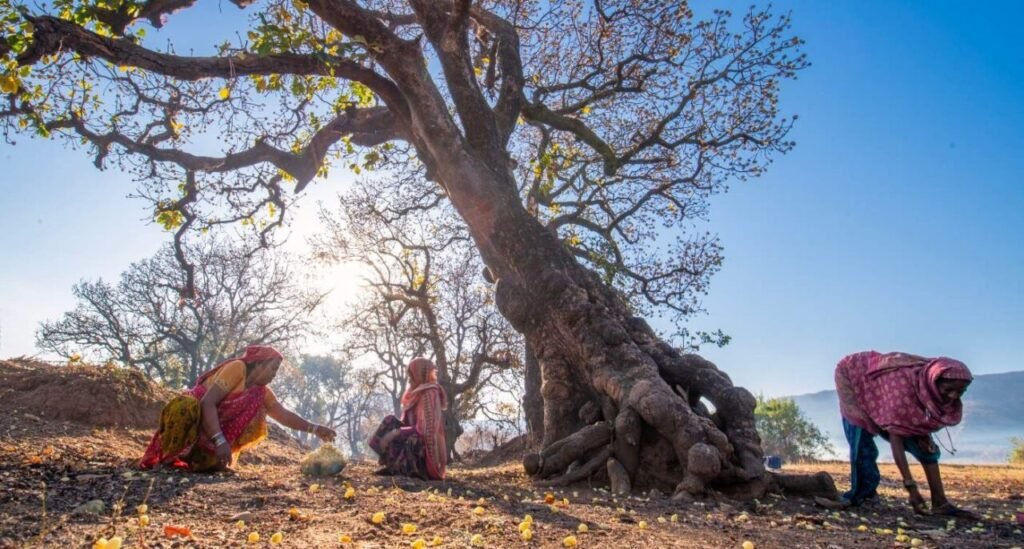
- Bamboo artisans craft baskets, jewelry and décor that replace plastics and sustain livelihoods
Each product purchased is a direct contribution to the survival and dignity of these communities.
Stories of Empowerment
- The women behind mahua: In several villages, women lead the collection and processing of mahua flowers. Selling laddoos or syrups gives them not just financial independence but also respect within their households.
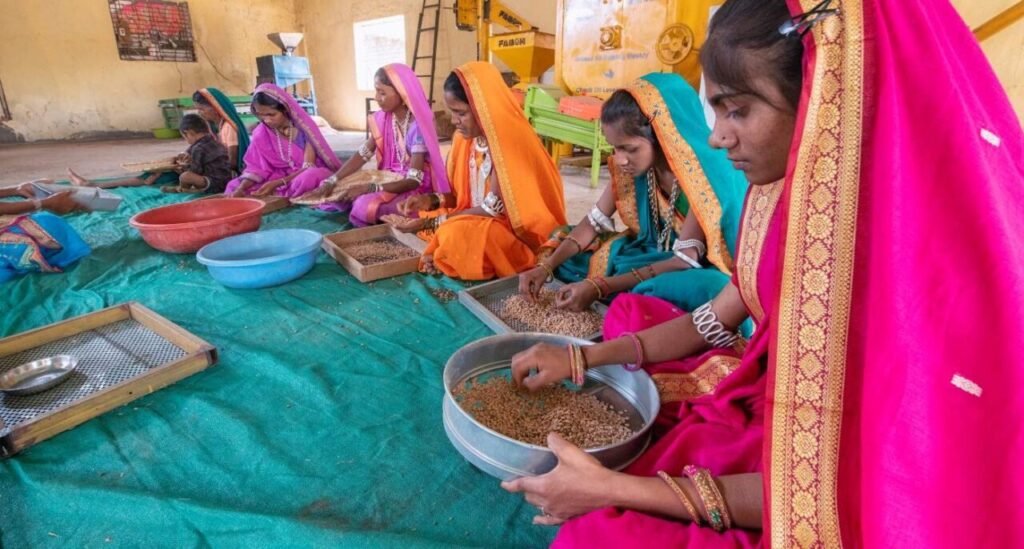
- The artisans of bamboo: Weaving a single basket or clutch can take days of work. These items are not just objects but traditions passed down through generations. The demand for bamboo crafts ensures these skills remain relevant.
- The beekeepers protecting forests: Honey harvesters understand that their livelihoods depend on healthy bees and forests. By supporting their honey, buyers indirectly support biodiversity conservation.
Why Empowerment Matters as Much as Quality
Modern consumers often focus on quality durability, taste, style. But imagine if quality also meant empowerment.
- A bamboo clutch can help send a child to school
- A jar of rice represents a farmer’s pride in traditional cultivation
- A bar of mahua soap helps preserve indigenous knowledge
This is the dual value of tribal products they offer quality to the buyer and dignity to the maker.
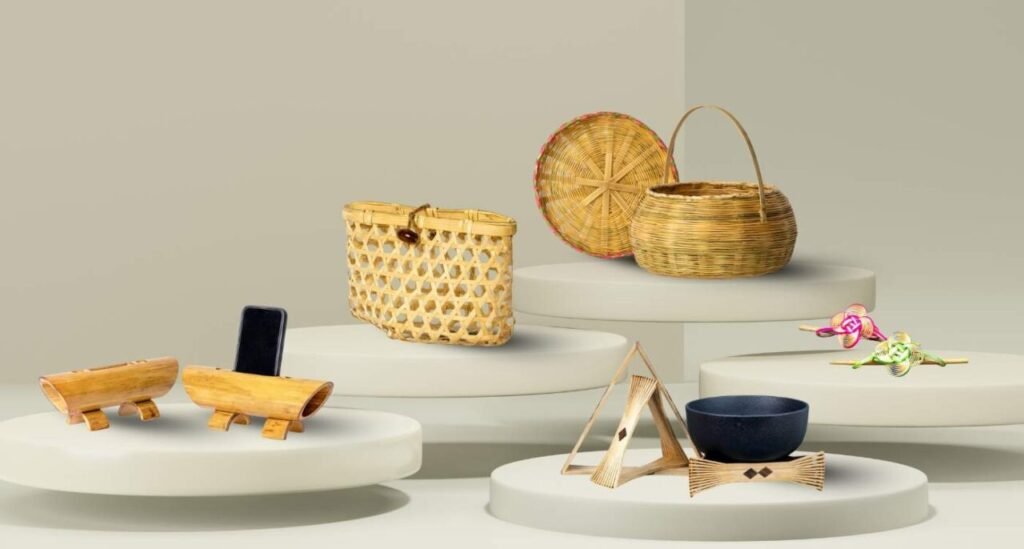
Urban Buyers in the Chain of Dignity
Urban consumers are often far removed from the origins of what they buy. Tribal products create a chain of dignity that connects rural artisans with city markets. At one end are the farmers and artisans who create, at the other are conscious consumers who choose to support them. Between the two lies a bond of trust that turns everyday shopping into empowerment.
Conscious Consumption as Social Responsibility
Social responsibility is no longer limited to charity or donations. Today, it is about everyday choices.
- Choosing bamboo over plastic
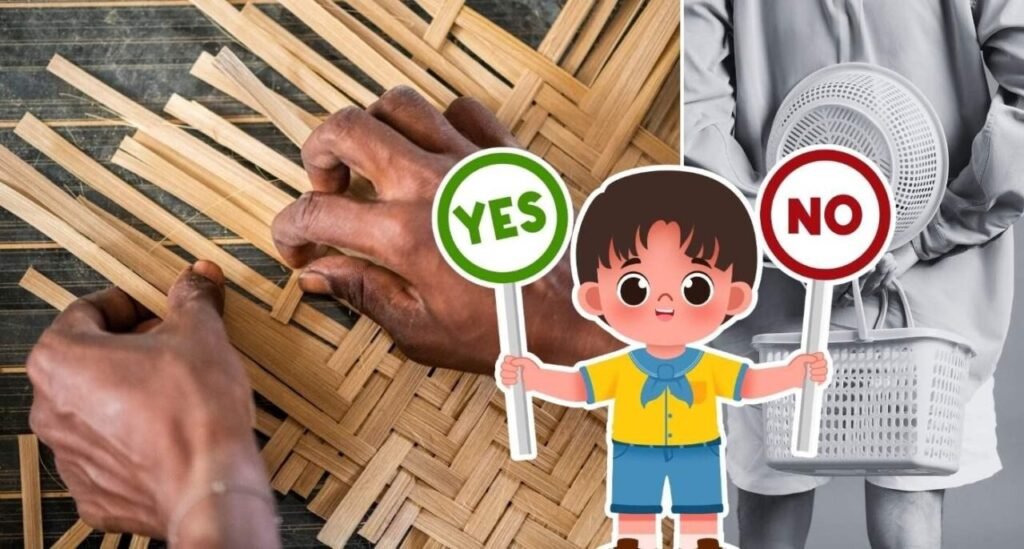
- Choosing mahua syrup over artificial sweeteners
- Choosing handcrafted over machine-made
Each small switch adds up, creating ripples of change that extend far beyond a single household. Conscious consumption is not about sacrifice, but about aligning lifestyle with values.
How You Can Be Part of the Change
Supporting tribal communities does not require large efforts. It begins with small, mindful decisions.
- Add indigenous rice varieties to your pantry for both taste and tradition
- Gift mahua sweets or bamboo crafts during festivals
- Choose tribal honey for wellness over processed brands
- Replace plastic items with bamboo alternatives
Every purchase makes empowerment more real.
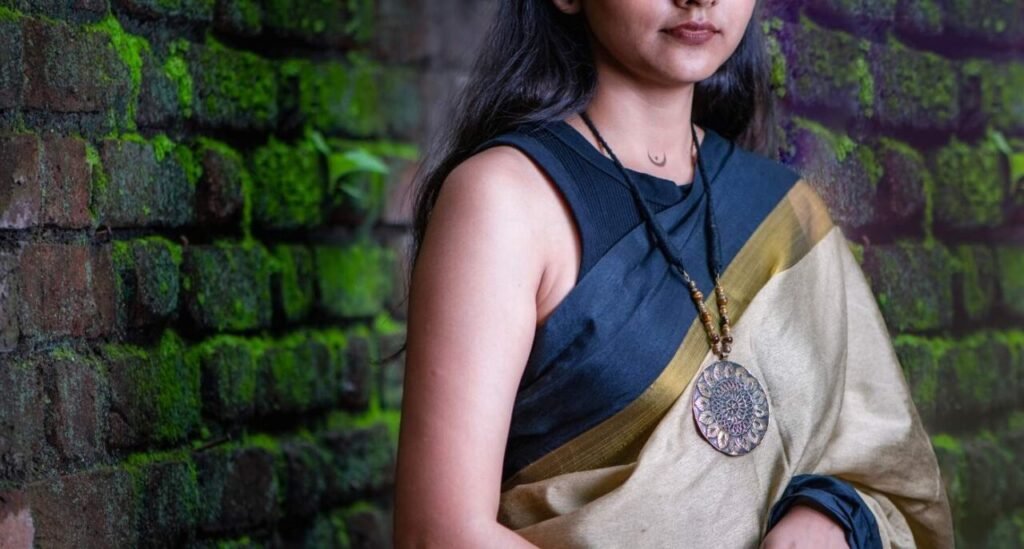
Beyond Shopping, Toward Empowerment
Buying tribal products is more than a consumer act. It is a form of partnership. It helps women gain independence, farmers sustain traditional crops, artisans keep crafts alive, and forests remain protected.
True luxury is not just about owning something beautiful. It is about knowing that what you own carries a story of resilience and hope. Every time you open a jar of honey, wear bamboo earrings, or light a handcrafted lamp, you are part of a movement where purchases empower lives.
